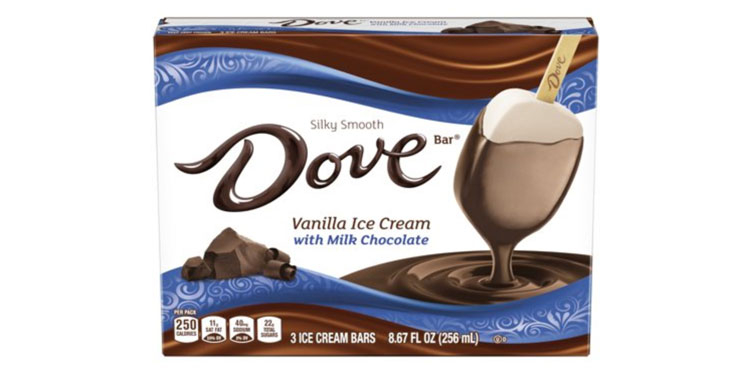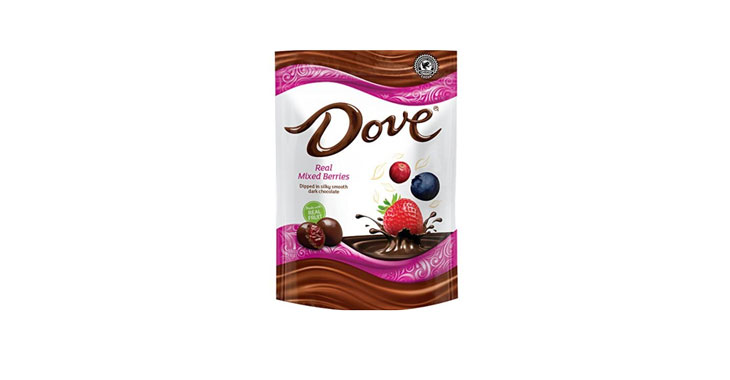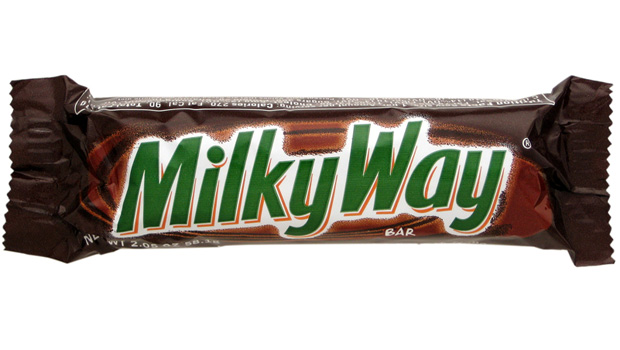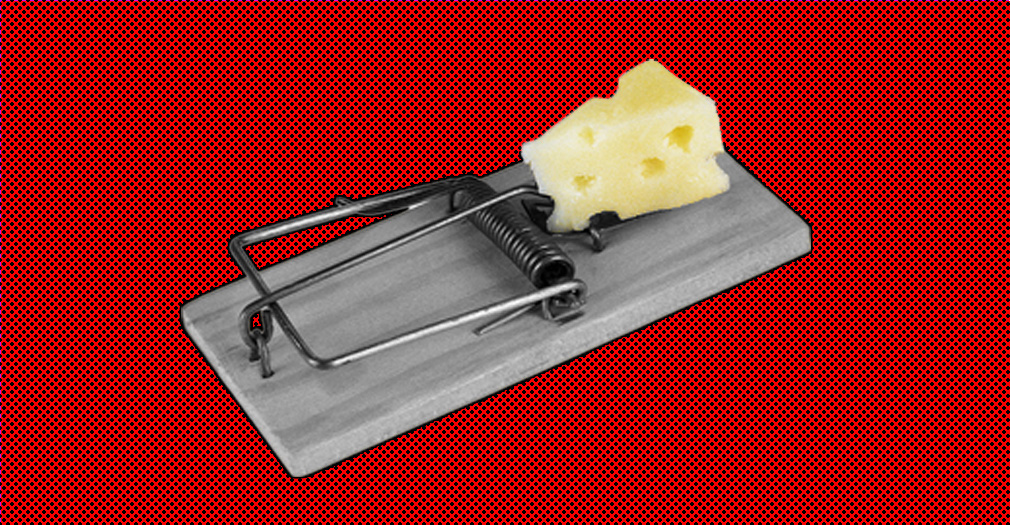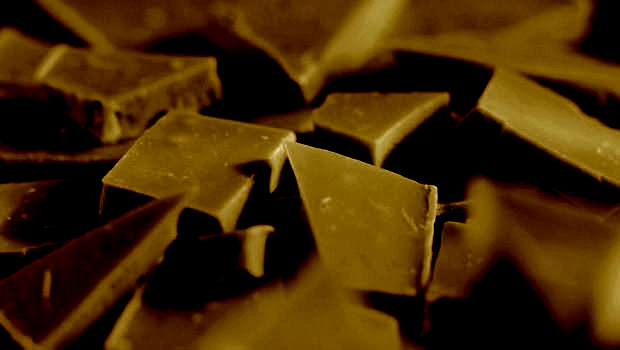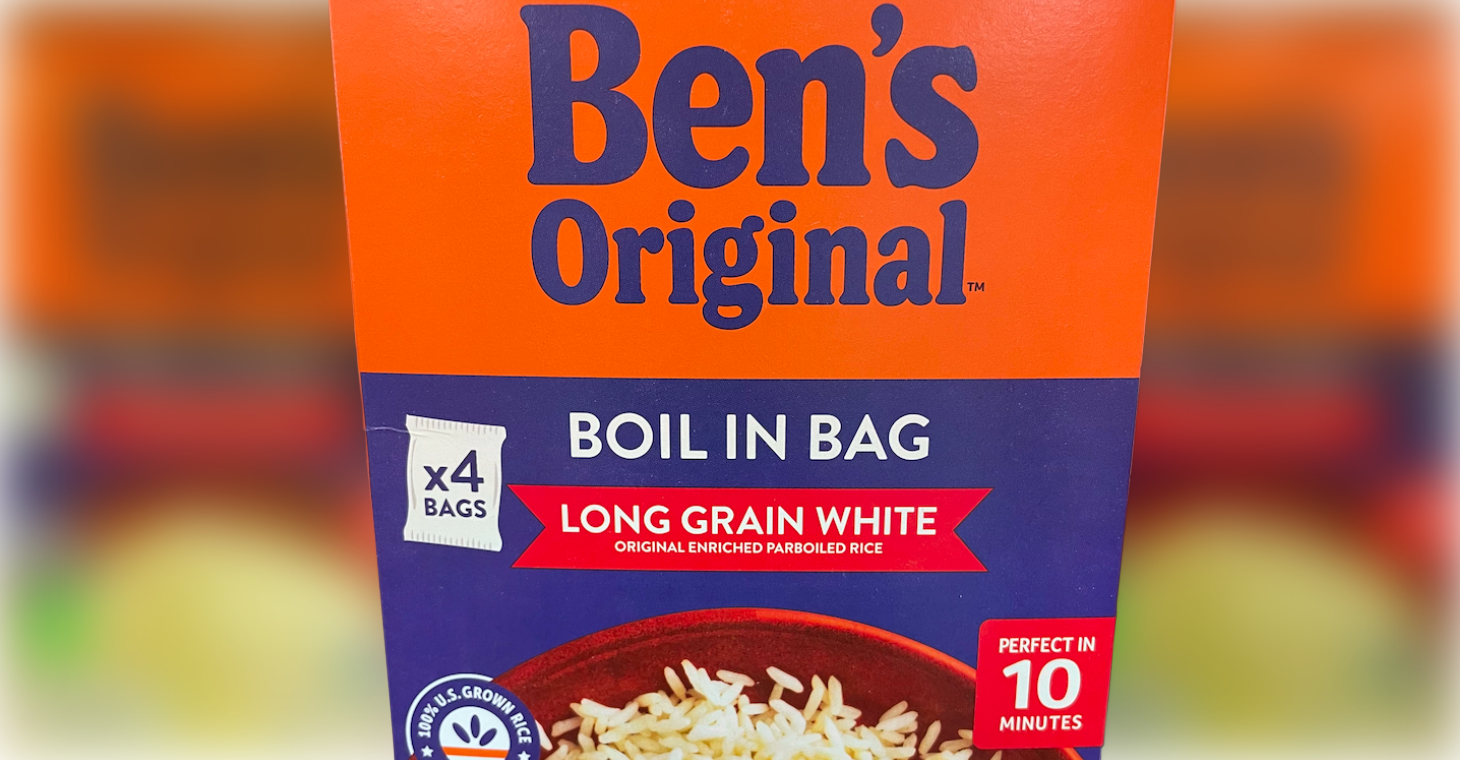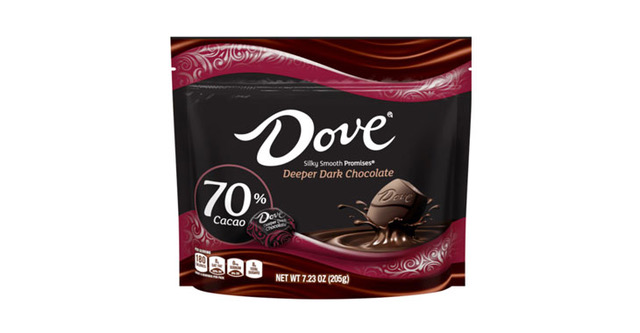
Dove Promises Deeper Dark Chocolate 70% Cacao
Allegations: Failing to disclose that products contain dangerous levels of heavy metals
November 2014: This case was voluntarily dismissed, the reasons for which have not been disclosed. The named plaintiff’s individual claims were dismissed When a complaint is dismissed with prejudice, it cannot be refiled. and the class members’ claims were dismissed When a complaint is dismissed without prejudice, an amended version of the complaint can be refiled..
July 2014: A false advertising class-action lawsuit was filed against Mars, Inc. for allegedly misleadingly marketing several types of candy, including Dark Chocolate M&Ms, Peanut M&Ms, Dove candy bars, and Snickers bars. Among other things, the complaint alleges that the candy company:
(Anson et al v. Mars, Inc.; Mars Chocolate North America, LLC; Safeway, Inc.; and The Vons Companies, Inc., Case No. 14-cv-02032, S. D. CA.).
For more information about other class-action lawsuits against Mars and TINA.org’s coverage of the company, click here.
Allegations: Failing to disclose that products contain dangerous levels of heavy metals
Allegations: Misleadingly marketing that ice cream bars are covered in milk chocolate when the coating contains ingredients not contained in real chocolate
Allegations: Falsely marketing products as “made with real fruit” when the fruit ingredients contain sugar and other non-fruit components
Lawsuits allege “real cheese” food products contain fillers.
Consumer Reports study sparks class-action lawsuits.
Not according to the cooking instructions on the side of the box.
TINA.org puts the brakes on car wrap scam.
A popular summertime treat is the subject of a current trend in class-action litigation.
